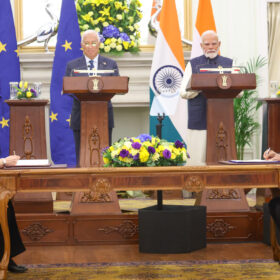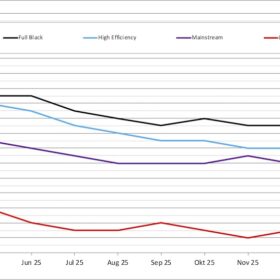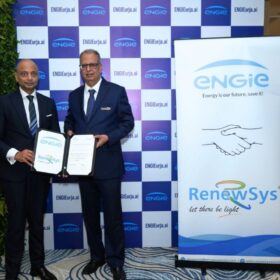India–EU FTA anchors climate and trade in a fracturing global order
The India–EU free trade agreement is emerging as a platform for climate-trade convergence. The climate dimension is not incidental—it’s already embedded in ongoing India–EU frameworks.
Building responsibly: India’s steel sector and the carbon budget challenge
India’s steel sector stands at a decisive moment. As the country pursues industrial growth, it must also demonstrate that development and decarbonisation can move together. The carbon budget framework offers not a constraint, but a compass, guiding industry toward innovation, resilience and global competitiveness.
Thermal share in power generation to drop below 70% next fiscal: Crisil Ratings
The share of thermal power in India’s electricity generation is expected to fall below 70% next fiscal, driven by slower growth in power demand and a sharp rise in renewable energy (RE) generation, according to Crisil Ratings.
Strengthening India’s energy security through alternative fuels and hydrogen
India’s energy transition is not about a single breakthrough but about steady steps across multiple fronts. Ethanol has shown how supportive policy and the right technologies can deliver both farmer security and fuel stability. BioCNG can turn waste into a resource, helping both cities and villages. Hydrogen, though still in its early stages, is slowly laying the foundations of a long-term clean energy system.
India finalizing CCUS Mission roadmap, outlay
The Union Government is finalizing the roadmap and financial outlay for the much-anticipated Carbon Capture, Utilisation and Storage (CCUS) Mission, said Rajnath Ram, Adviser for Energy, Natural Resources & Environment at government policy thinktank NITI Aayog.
India on track to surpass 2030 emission reduction target
India’s energy sector emission intensity could decrease by 48–57% by 2030 compared to 2005 levels—according to a new emissions modelling analysis by the Council on Energy, Environment and Water (CEEW) and the Alliance for an Energy Efficient Economy (AEEE).
From downtime to downgrade: The real economic impact of energy disruptions
Energy is not merely a utility for lighting and basic operations; it also functions as a critical instrument of geopolitical influence. When access to power is disrupted or strategically weaponized during times of conflict, the economic consequences can be severe and far-reaching.
Waaree Renewable sets up subsidiary for power generation from non-conventional energy sources
Waaree Renewable Technologies has established a wholly owned subsidiary named Sunsational Power for power generation from non-conventional energy sources.
ACME Solar to enter nuclear energy
ACME Solar Holdings plans to invest INR 17,000 crore to boost renewable energy capacity to 5 GW by 2026. The developer is also mulling entry into nuclear energy segment.
Budget 2025 expectations of the Indian renewable energy industry
Regulatory and fiscal incentives to set up specialized labs in collaboration with leading international and domestic research institutions, reduction of Goods and Services Tax (GST) on turbines and solar modules, and ISTS charges waiver extension are on the budget wishlist of the renewable energy industry in India.















